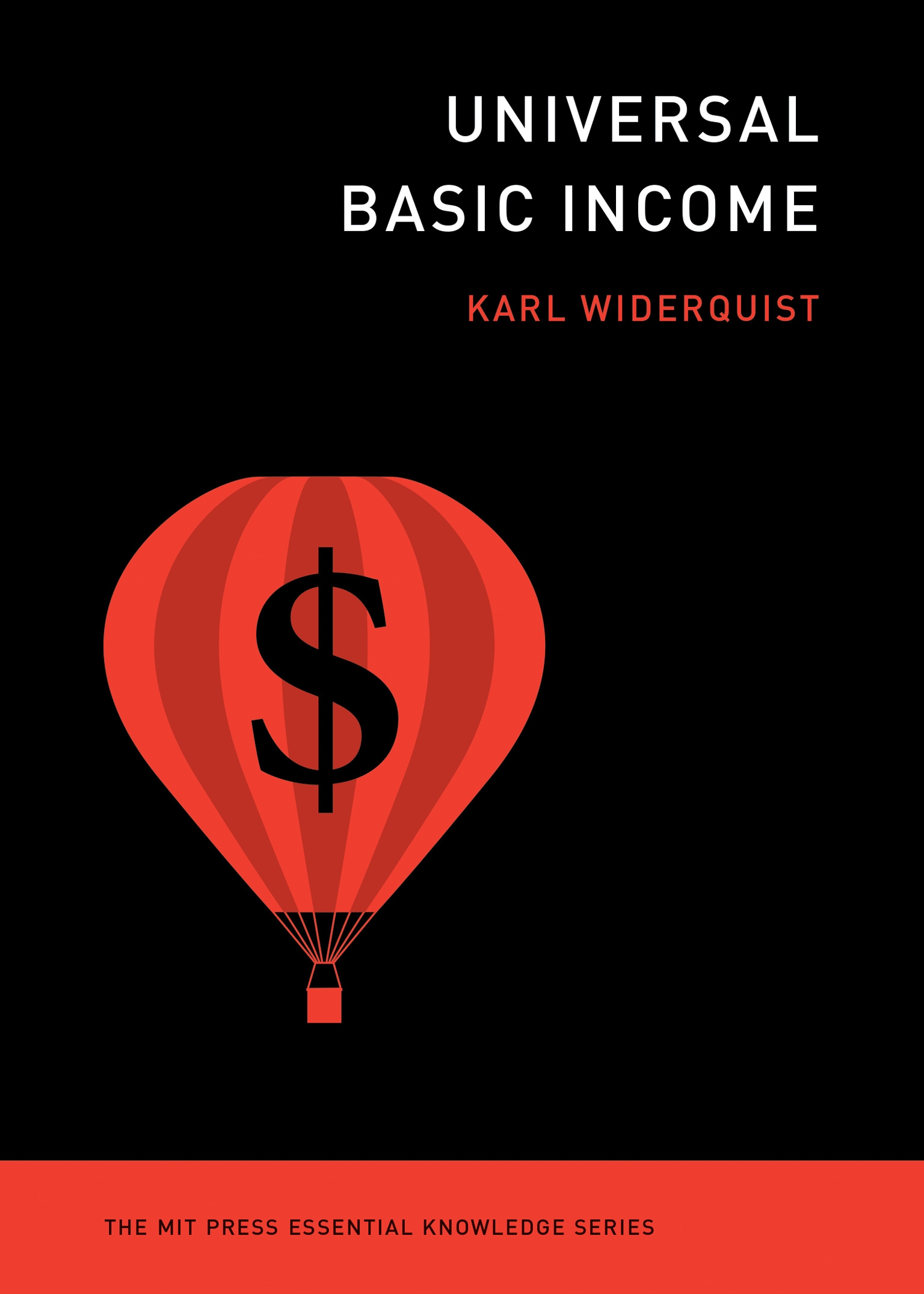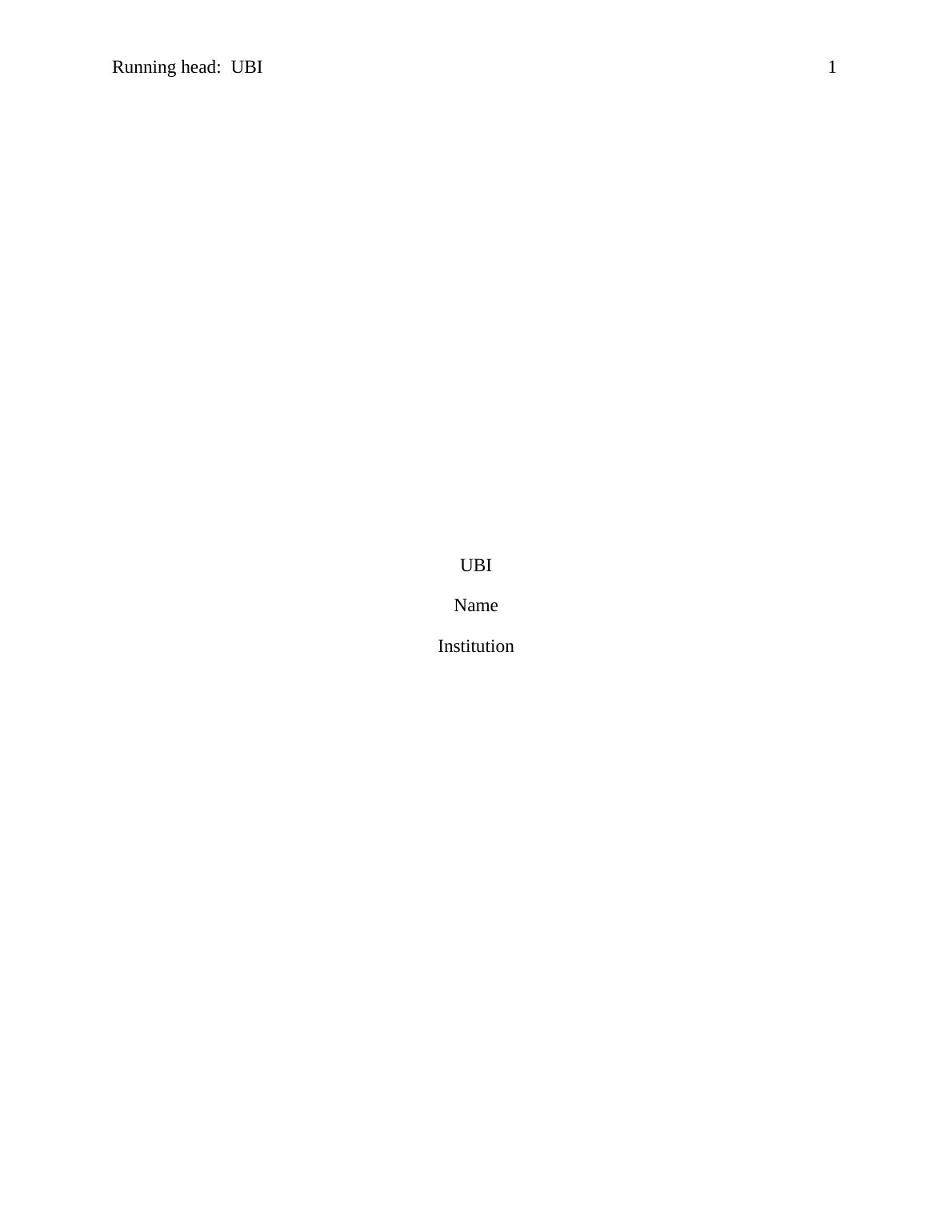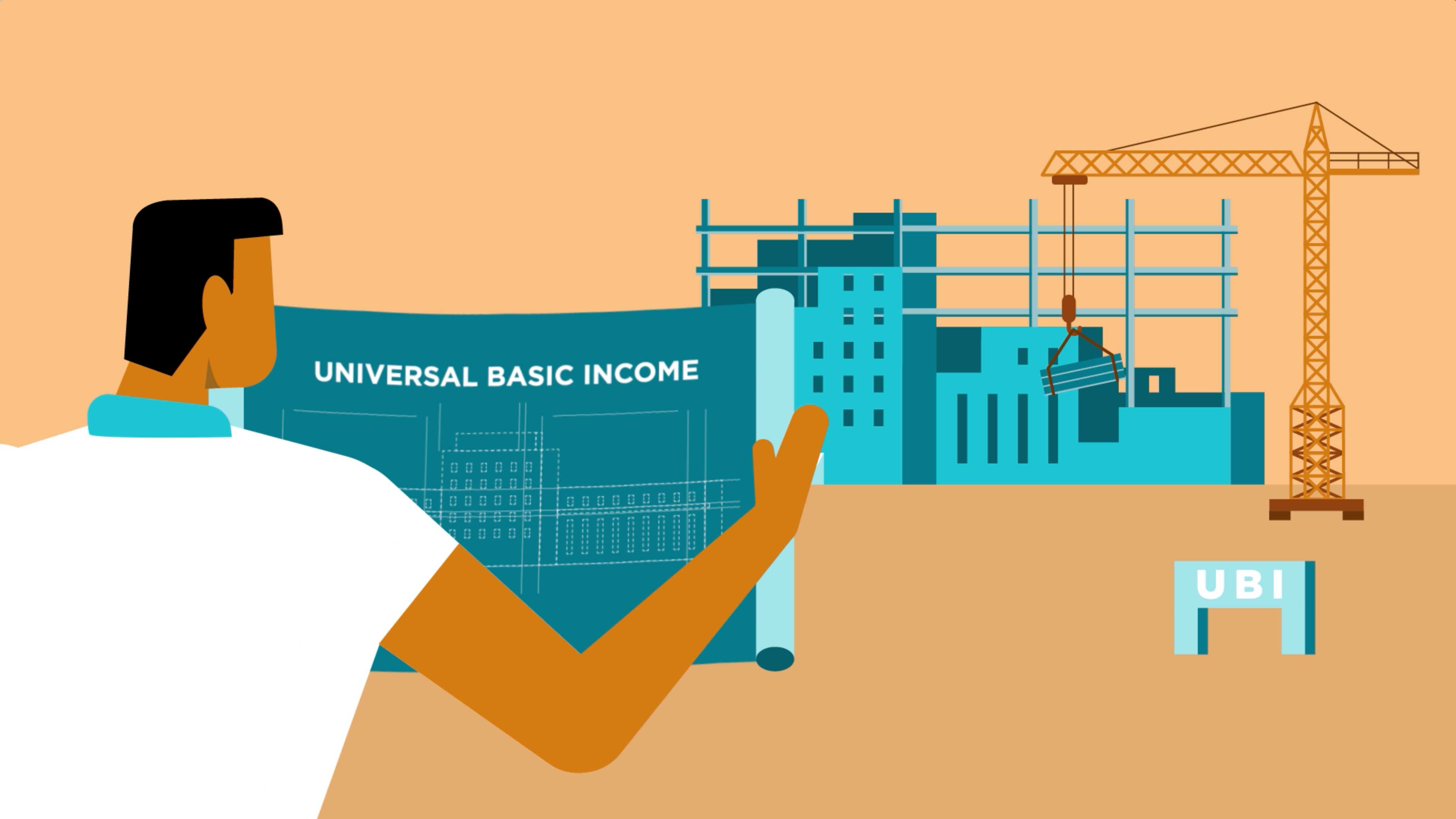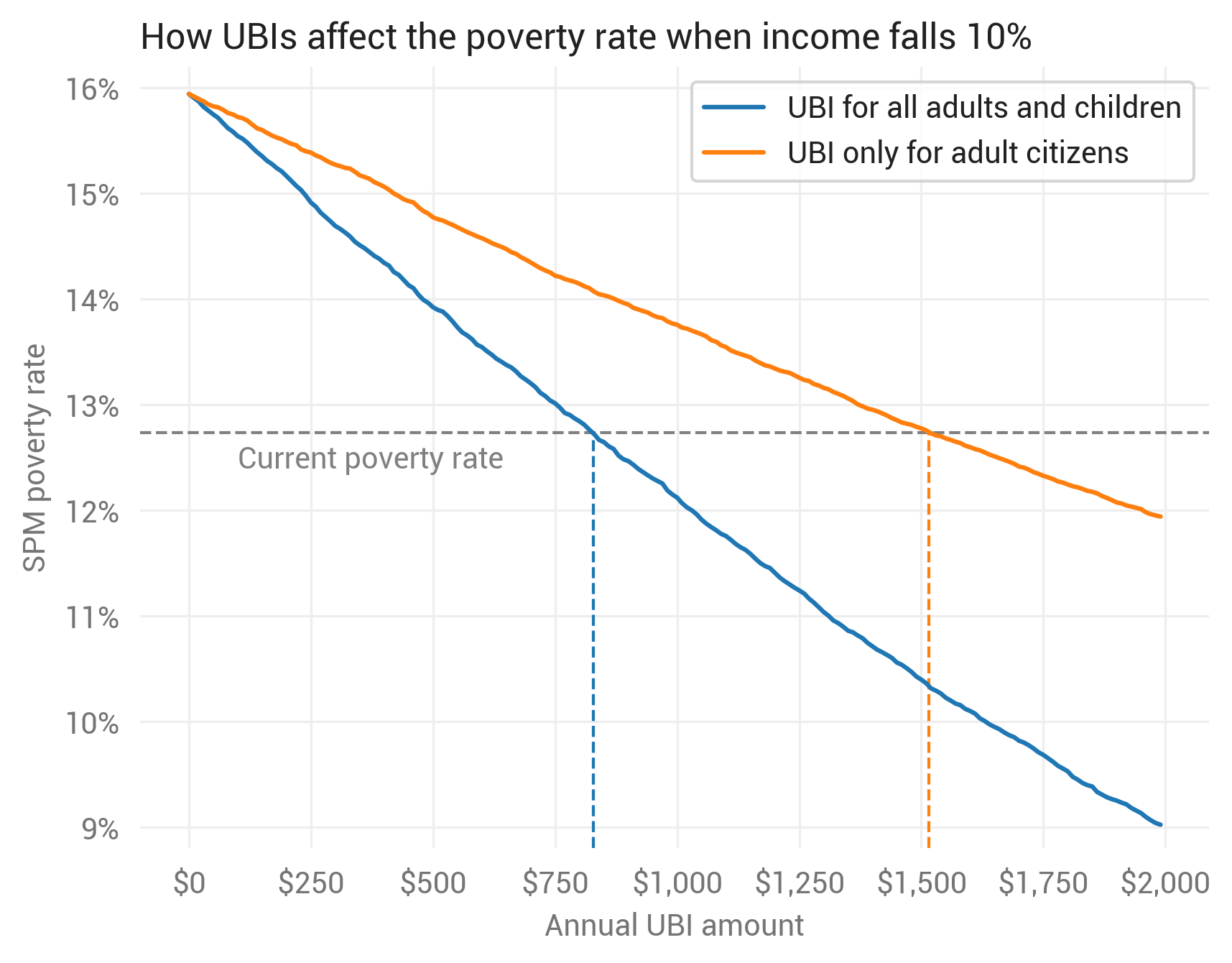World Updates | Update information about politics and social around the world
Universal Basic Income: A Solution To Poverty And Inequality
Universal Basic Income: A Solution to Poverty and Inequality
Universal Basic Income: A Solution to Poverty and Inequality has emerged as a compelling concept to address the challenges of poverty and inequality plaguing modern societies. By providing every citizen with a regular, unconditional cash payment, UBI aims to establish a more equitable and just economic system.

Universal Basic Income by Karl Widerquist - Penguin Books Australia - Source www.penguin.com.au
Editor's Note: Universal Basic Income: A Solution to Poverty and Inequality was published on March 8, 2023. This topic holds immense significance in today's world, where economic disparities continue to widen, and poverty remains a persistent issue.
Through extensive analysis and meticulous research, this Universal Basic Income: A Solution to Poverty and Inequality guide has been meticulously crafted to provide valuable insights into the transformative potential of UBI.
Key Takeaways:
| Poverty Reduction | Inequality Reduction | |
|---|---|---|
| UBI | Provides a financial safety net, reducing economic vulnerability. | Levels the economic playing field, reducing income disparities. |
Benefits and Importance of Universal Basic Income:
FAQ: Universal Basic Income (UBI)
This section addresses common misconceptions and concerns regarding Universal Basic Income (UBI), an economic concept that advocates for providing all citizens with a regular, unconditional sum of money.

UNIVERSAL BASIC INCOME BENEFITS QUESTION ANSWER 2022 - Source desklib.com
Question 1: Is UBI too expensive?
Not necessarily. Implementation costs can vary depending on the design of the program, the size of the UBI, and other factors. Some argue that the cost of UBI may be offset by reduced government spending on social welfare programs, increased economic activity, and increased tax revenues.
Question 2: Would UBI make people lazy?
Empirical evidence suggests otherwise. UBI provides individuals with a safety net, allowing them to take risks, pursue entrepreneurial ventures, or engage in volunteer work without fear of financial insecurity.
Question 3: Would UBI lead to inflation?
It depends on the size of the UBI and the overall economic context. If the UBI is too large or the economy is already at full employment, it could potentially contribute to inflation. However, moderate UBI programs may not have a significant inflationary impact.
Question 4: Would UBI replace existing social welfare programs?
UBI could potentially replace or reduce the need for some existing social welfare programs. However, its implementation should be carefully designed to ensure that vulnerable populations have access to necessary support.
Question 5: Would UBI be fair to those who work hard?
UBI is intended to supplement income and provide a basic level of economic security for all citizens. It does not eliminate the need for work or reduce the rewards of hard work. In fact, it can empower people to pursue more fulfilling and meaningful work.
Question 6: Is UBI a viable solution to poverty and inequality?
UBI has the potential to significantly reduce poverty and inequality by providing a financial foundation for all. It can improve health, education, and economic outcomes for individuals and communities.
In summary, UBI is a complex economic concept with both potential benefits and challenges. Its design and implementation should be carefully considered and tailored to the specific context.
Read the next article section: Ethical Considerations of UBI
Tips by Universal Basic Income: A Solution To Poverty And Inequality
Universal Basic Income (UBI) is a government program that provides a regular, unconditional cash payment to all citizens. Proponents of UBI argue that it can help solve poverty, inequality, and other social problems. Here are some tips for implementing UBI:

Can Universal Basic Income reduce inequa | PolicyEd - Source www.policyed.org
Tip 1: Start small. There is no need to implement UBI nationwide at once. Start with a pilot program in a city or region to test its effectiveness and iron out any kinks.
Tip 2: Set the UBI payment at a meaningful level. The payment should be enough to make a real difference in people's lives, but not so high that it creates disincentives to work.
Tip 3: Make UBI unconditional. The payment should not be tied to employment or any other conditions. This ensures that everyone receives the benefit, regardless of their circumstances.
Tip 4: Fund UBI through progressive taxation. The wealthy can afford to pay more in taxes to fund UBI, which would help reduce inequality.
Tip 5: Invest in education and skills training. UBI can free people from the need to work in low-paying jobs. This gives them the opportunity to pursue education or training that will help them get better jobs in the future.
UBI is a bold idea, but it has the potential to make a real difference in the fight against poverty and inequality. By following these tips, we can help ensure that UBI is implemented in a way that benefits all citizens.
Universal Basic Income: A Solution To Poverty And Inequality
In the face of rising inequality and poverty, the concept of Universal Basic Income (UBI) has gained traction. UBI proposes providing a regular sum of money to all citizens, irrespective of their employment status or income. This comprehensive measure tackles the root causes of socio-economic disparity and empowers individuals to lead more fulfilling lives.
- Economic Inclusion: UBI ensures that every citizen has a financial safety net, reducing the risk of falling into poverty.
- Stimulating Demand: By increasing disposable income, UBI boosts consumer spending, stimulating economic growth.
- Labor Market Flexibility: UBI provides workers with more freedom and bargaining power in the labor market.
- Promoting Entrepreneurship: A guaranteed income can encourage individuals to pursue their entrepreneurial endeavors.
- Reducing Administrative Costs: UBI simplifies social welfare systems, potentially reducing administrative overhead.
- Empowering Individuals: UBI enhances personal autonomy and allows individuals to make informed decisions about their lives.
For instance, a study in Finland demonstrated that UBI reduced poverty rates and improved the mental and physical well-being of participants. Moreover, UBI can foster social cohesion and reduce societal tensions by ensuring that all citizens share in economic progress. While there are ongoing debates about its implementation and funding mechanisms, UBI remains a compelling solution to the interconnected challenges of poverty and inequality.

Eurotrack: Would Europeans support a universal basic income? - Tame the - Source tamethemachine.com
Universal Basic Income: A Solution To Poverty And Inequality
Poverty and inequality are two of the most pressing issues facing our world today. Universal Basic Income (UBI) is a proposed solution that has gained increasing attention in recent years. UBI is a regular, unconditional cash payment that would be given to all citizens, regardless of their income or employment status.

How universal basic income can keep poverty from rising amid Covid-19 - Source medium.com
Proponents of UBI argue that it would have a number of benefits, including reducing poverty, increasing economic equality, and boosting economic growth. Critics of UBI, on the other hand, argue that it would be too expensive and would discourage people from working.
There is no doubt that UBI is a complex issue with both potential benefits and drawbacks. However, the growing body of research on UBI suggests that it could be a valuable tool in the fight against poverty and inequality.
| Pros of UBI | Cons of UBI |
|---|---|
| Reduced poverty | Expensive |
| Increased economic equality | Discourages work |
| Boosted economic growth | Difficult to implement |
Conclusion
UBI is a complex issue with both potential benefits and drawbacks. However, the growing body of research on UBI suggests that it could be a valuable tool in the fight against poverty and inequality.
While there are still many questions that need to be answered about UBI, it is an idea that deserves serious consideration. If implemented correctly, UBI could have a transformative impact on our world.